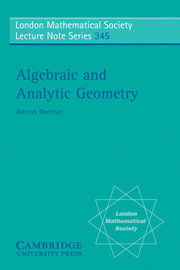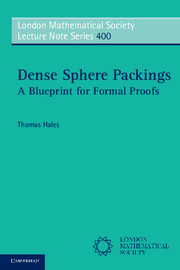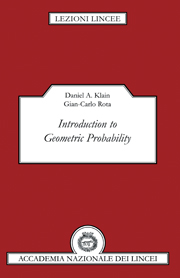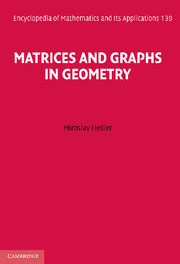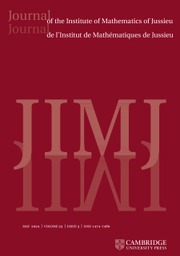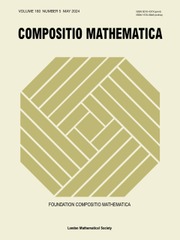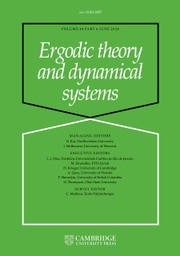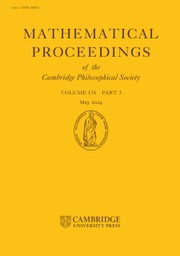Introduction to Circle Packing
The topic of 'circle packing' was born of the computer age but takes its inspiration and themes from core areas of classical mathematics. A circle packing is a configuration of circles having a specified pattern of tangencies, as introduced by William Thurston in 1985. This book, first published in 2005, lays out their study, from first definitions to latest theory, computations, and applications. The topic can be enjoyed for the visual appeal of the packing images - over 200 in the book - and the elegance of circle geometry, for the clean line of theory, for the deep connections to classical topics, or for the emerging applications. Circle packing has an experimental and visual character which is unique in pure mathematics, and the book exploits that to carry the reader from the very beginnings to links with complex analysis and Riemann surfaces. There are intriguing, often very accessible, open problems throughout the book and seven Appendices on subtopics of independent interest. This book lays the foundation for a topic with wide appeal and a bright future.
- Foundational: this is the first book on a fascinating new topic and it lays out a clear formulation from definitions to applications
- Accessible: it has four parts with increasing sophistication, accompanied by numerous illustrations
- There are seven appendices on stand-alone topics which are widely accessible and suitable for independent projects
Reviews & endorsements
"Stephenson is one of a new breed of pure mathematicians, growing in number, who love to combine experiment with theory. This means he has computer code to carry out these packings and investigate their properties. And the book is interlaced with experimentssome successful, some not, some which worked one day but not the next when pushed further. His immense enthusiasm for this subject comes through on every page."
American Scientist
"Ken Stephenson has produced this textbook an effective and enjoyable tour of both the basic theory of circle parking and its use in deriving an intricate theory of discrete analytic functions. All this from the humble circle! I expect Introduction to Circle Parking: the Theory of Discrete Analytic Functions to be the source for student and researcher for many years to come."
Bulletin of the AMS
Product details
April 2005Hardback
9780521823562
370 pages
260 × 185 × 25 mm
0.929kg
190 b/w illus. 10 colour illus.
Available
Table of Contents
- Part I. An Overview of Circle Packing:
- 1. A circle packing menagerie
- 2. Circle packings in the wild
- Part II. Rigidity: Maximal Packings:
- 3. Preliminaries: topology, combinatorics, and geometry
- 4. Statement of the fundamental result
- 5. Bookkeeping and monodromy
- 6. Proof for combinatorial closed discs
- 7. Proof for combinatorial spheres
- 8. Proof for combinatorial open discs
- 9. Proof for combinatorial surfaces
- Part III. Flexibility: Analytic Functions:
- 10. The intuitive landscape
- 11. Discrete analytic functions
- 12. Construction tools
- 13. Discrete analytic functions on the disc
- 14. Discrete entire functions
- 15. Discrete rational functions
- 16. Discrete analytic functions on Riemann surfaces
- 17. Discrete conformal structure
- 18. Random walks on circle packings
- Part IV:
- 19. Thurston's Conjecture
- 20. Extending the Rodin/Sullivan theorem
- 21. Approximation of analytic functions
- 22. Approximation of conformal structures
- 23. Applications
- Appendix A. Primer on classical complex analysis
- Appendix B. The ring lemma
- Appendix C. Doyle spirals
- Appendix D. The brooks parameter
- Appendix E. Schwarz and buckyballs
- Appendix F. Inversive distance packings
- Appendix G. Graph embedding
- Appendix H. Square grid packings
- Appendix I. Experimenting with circle packings.


